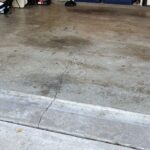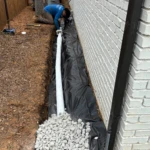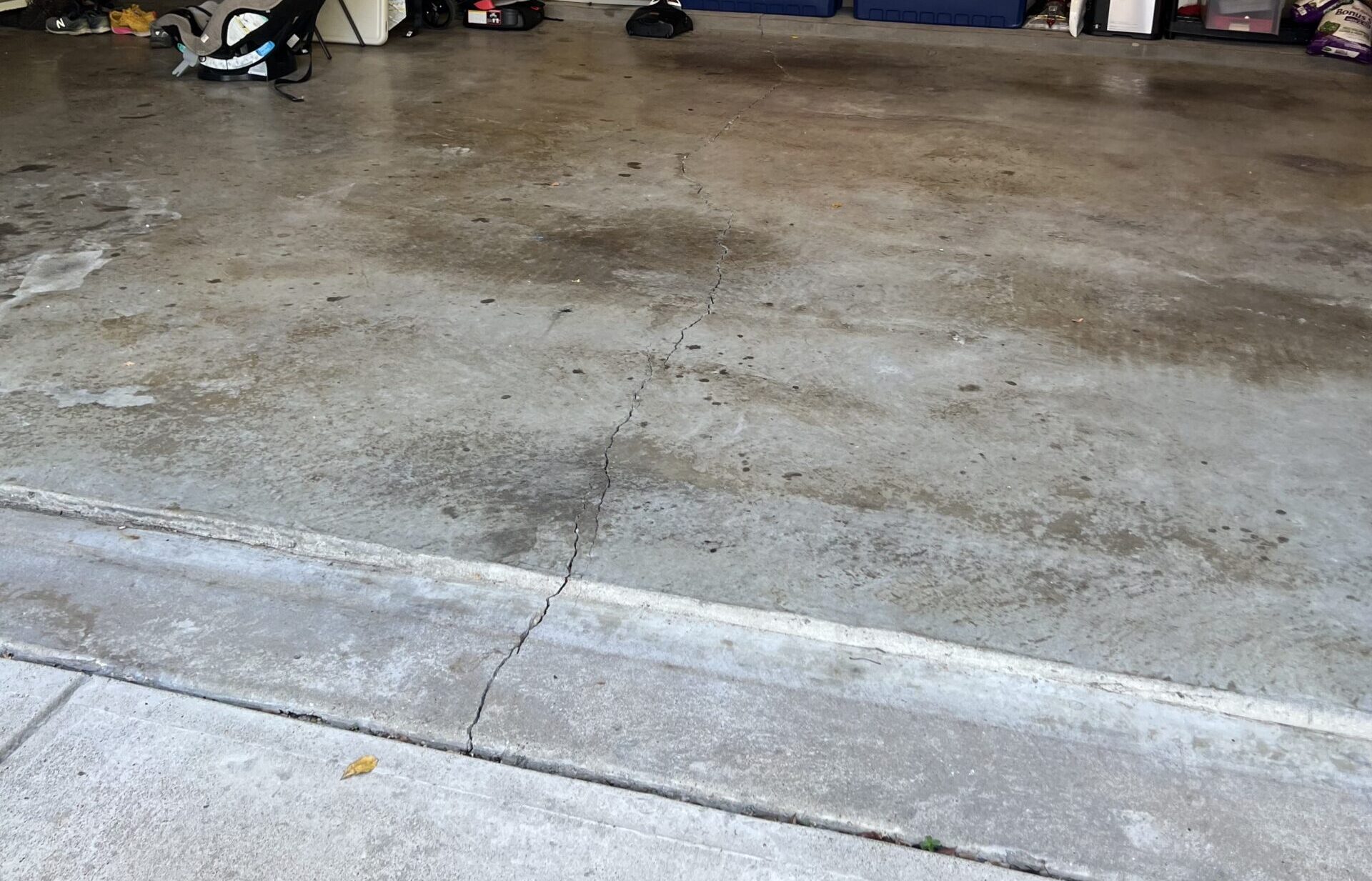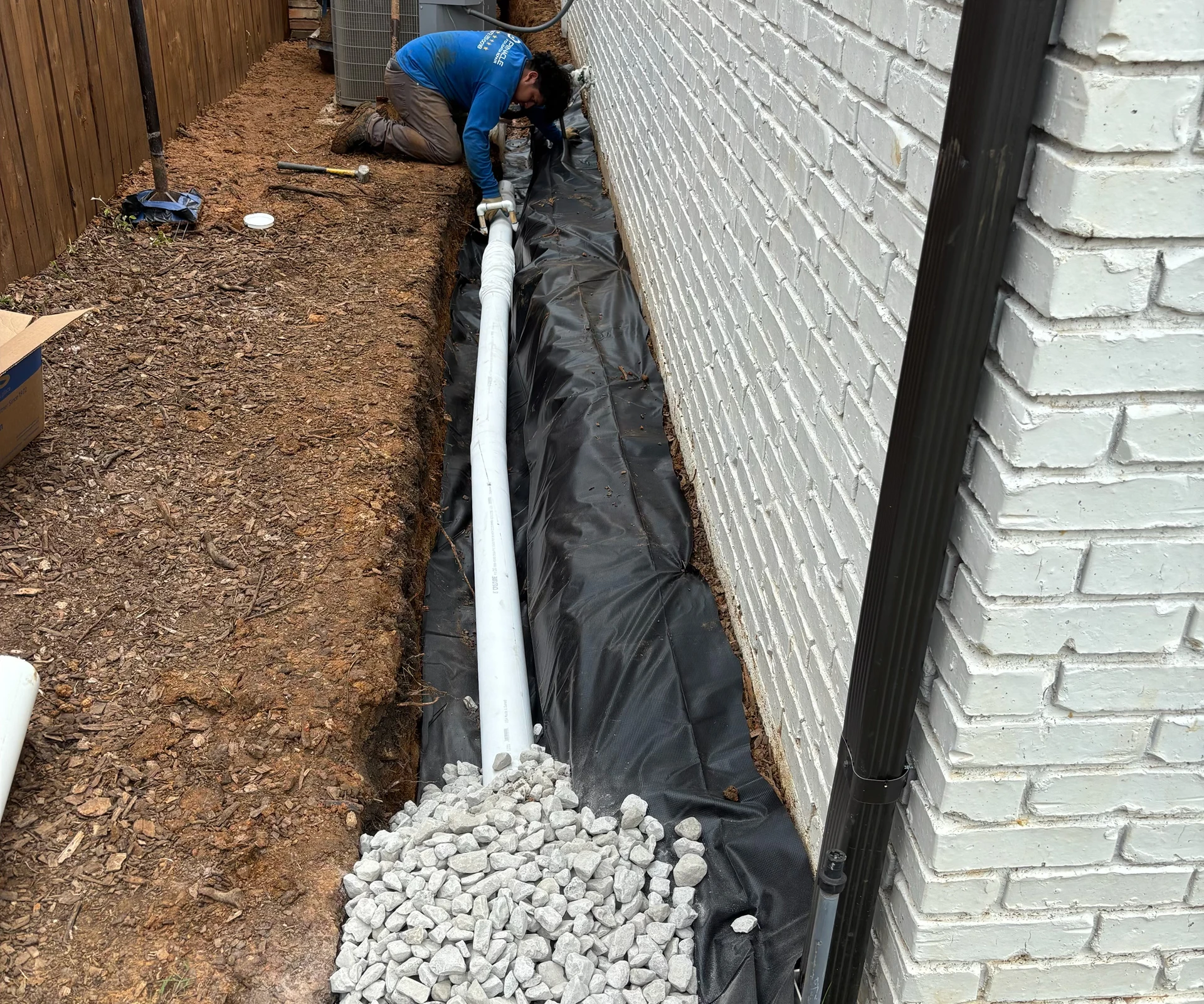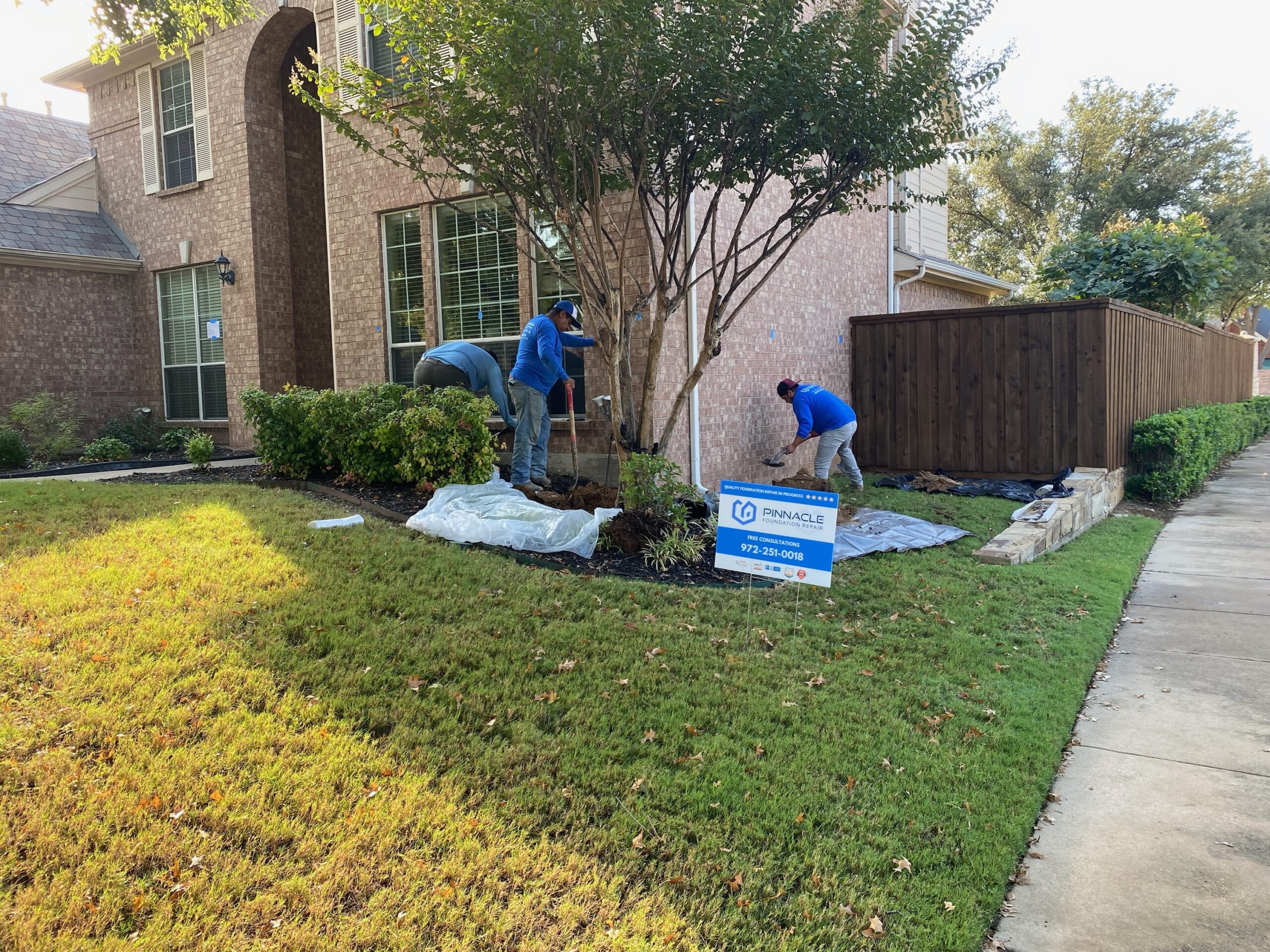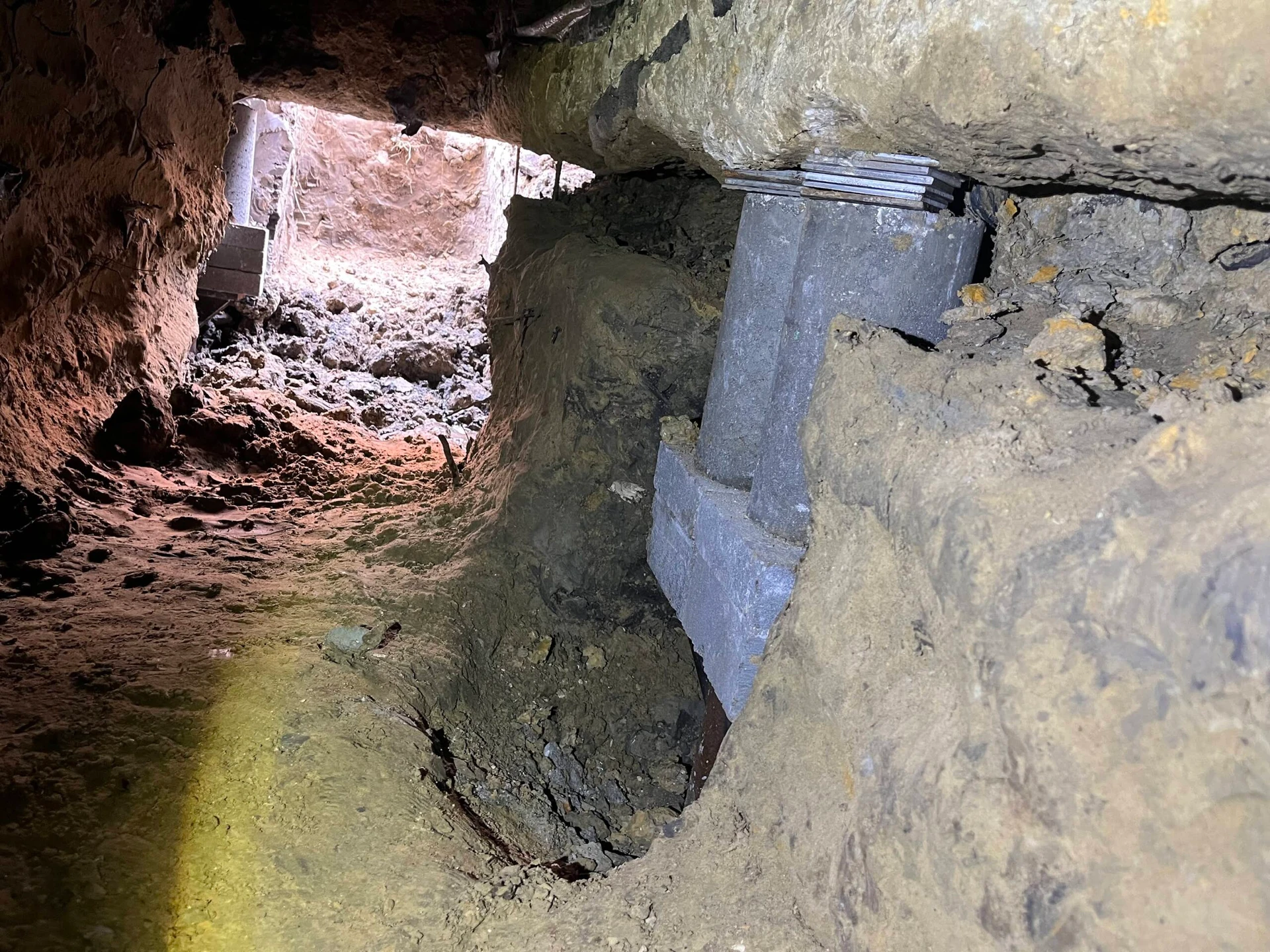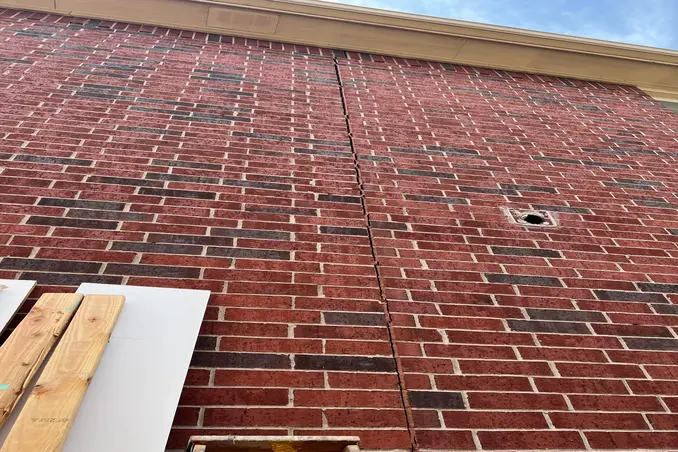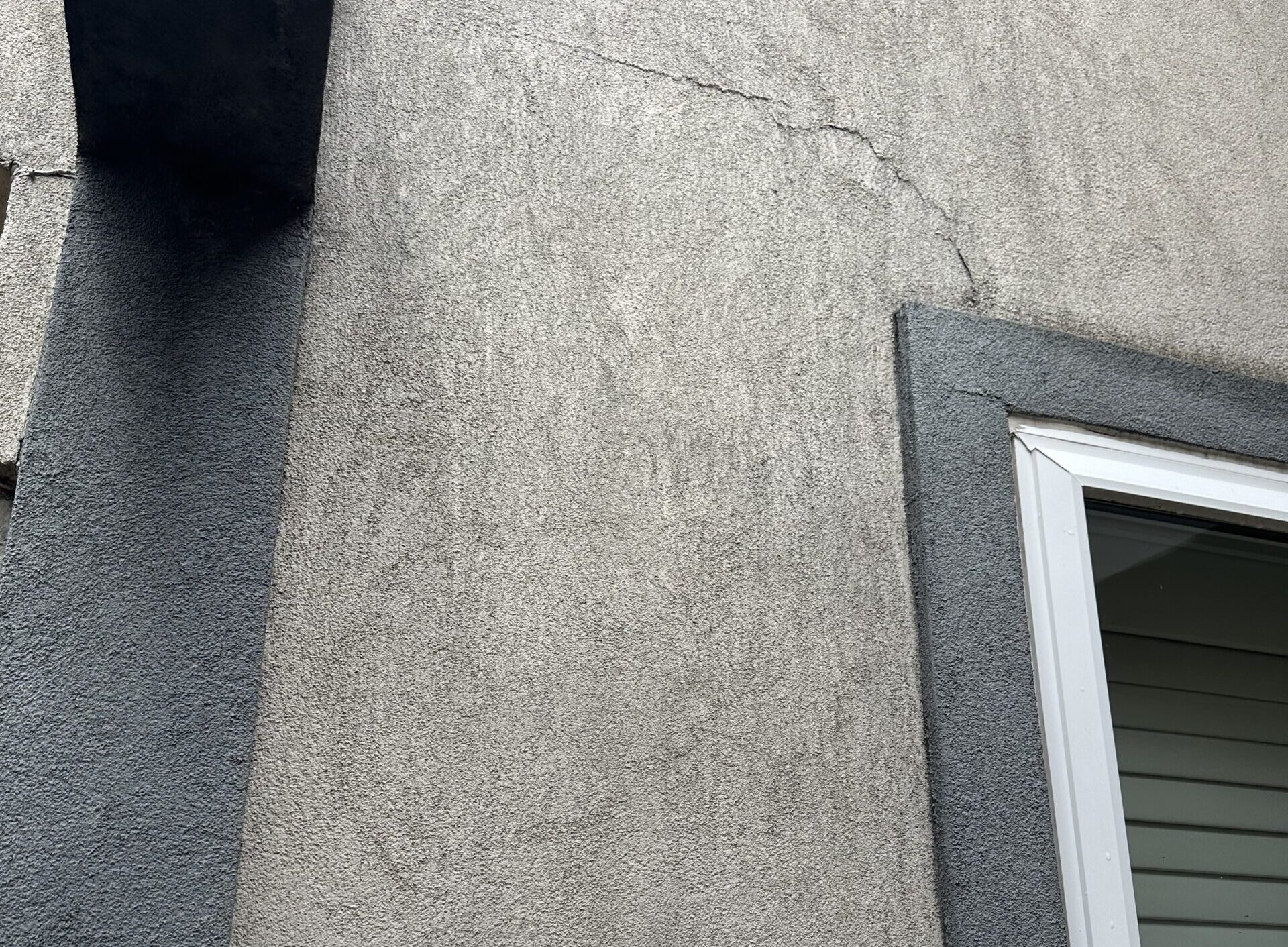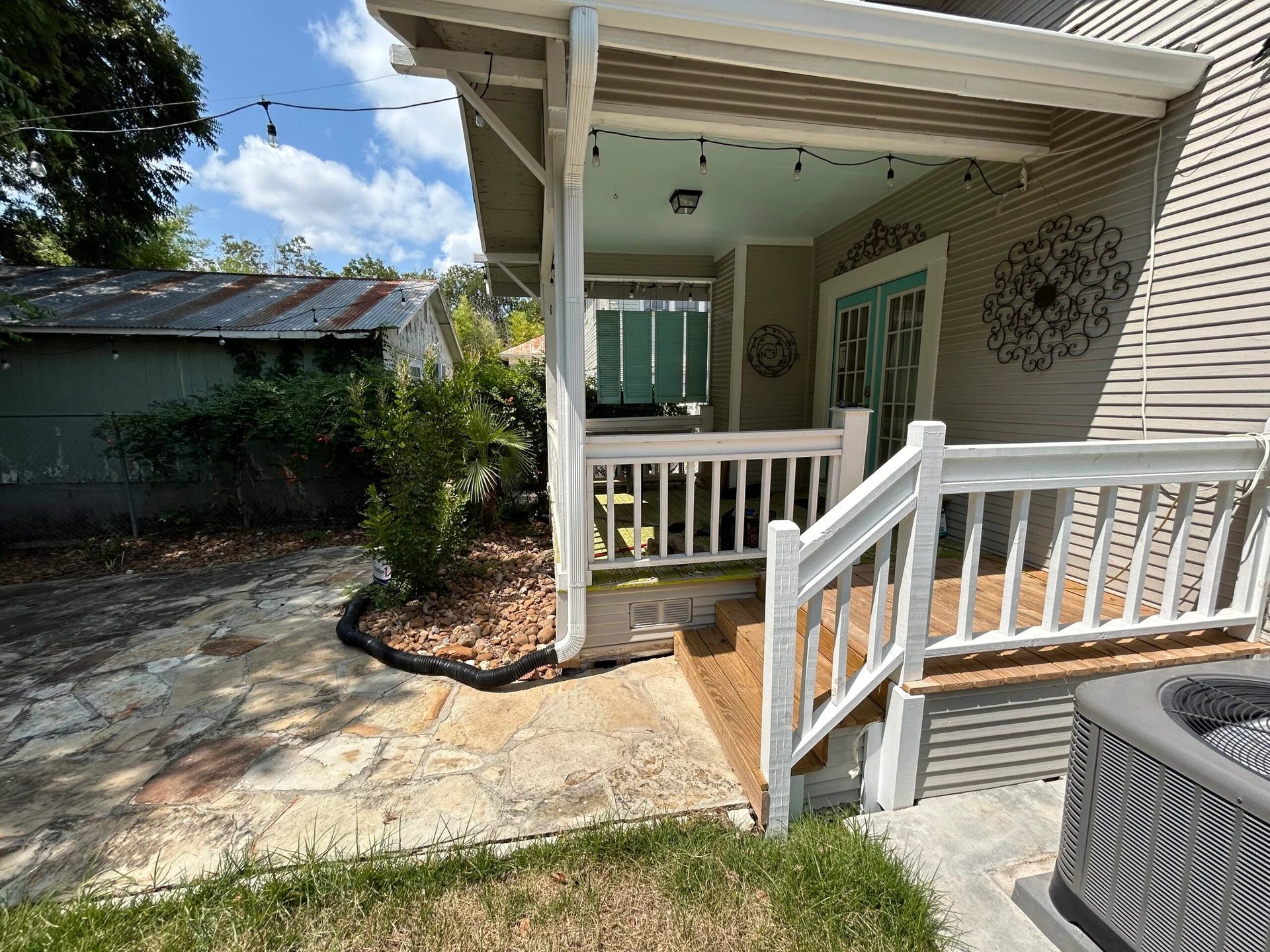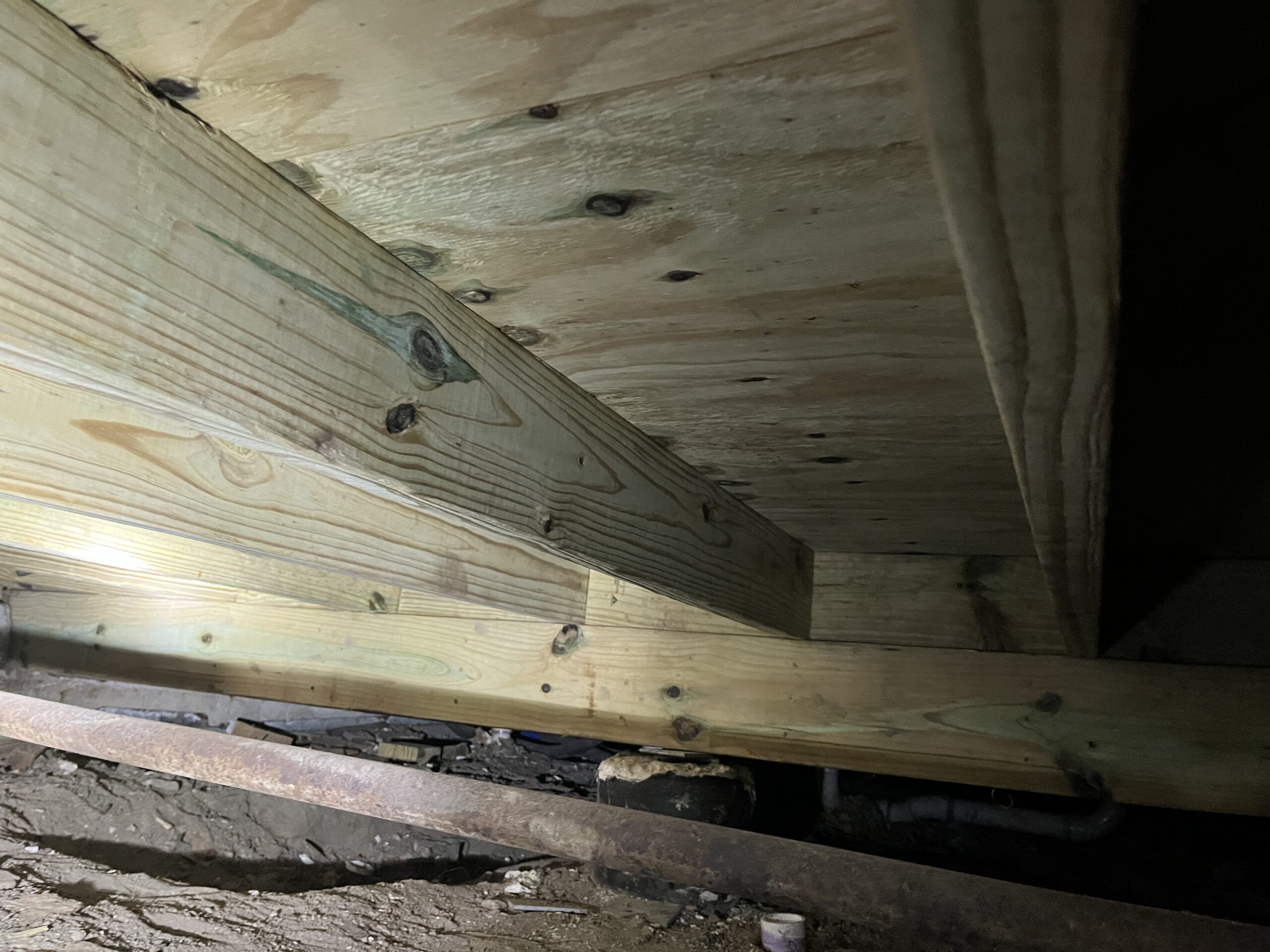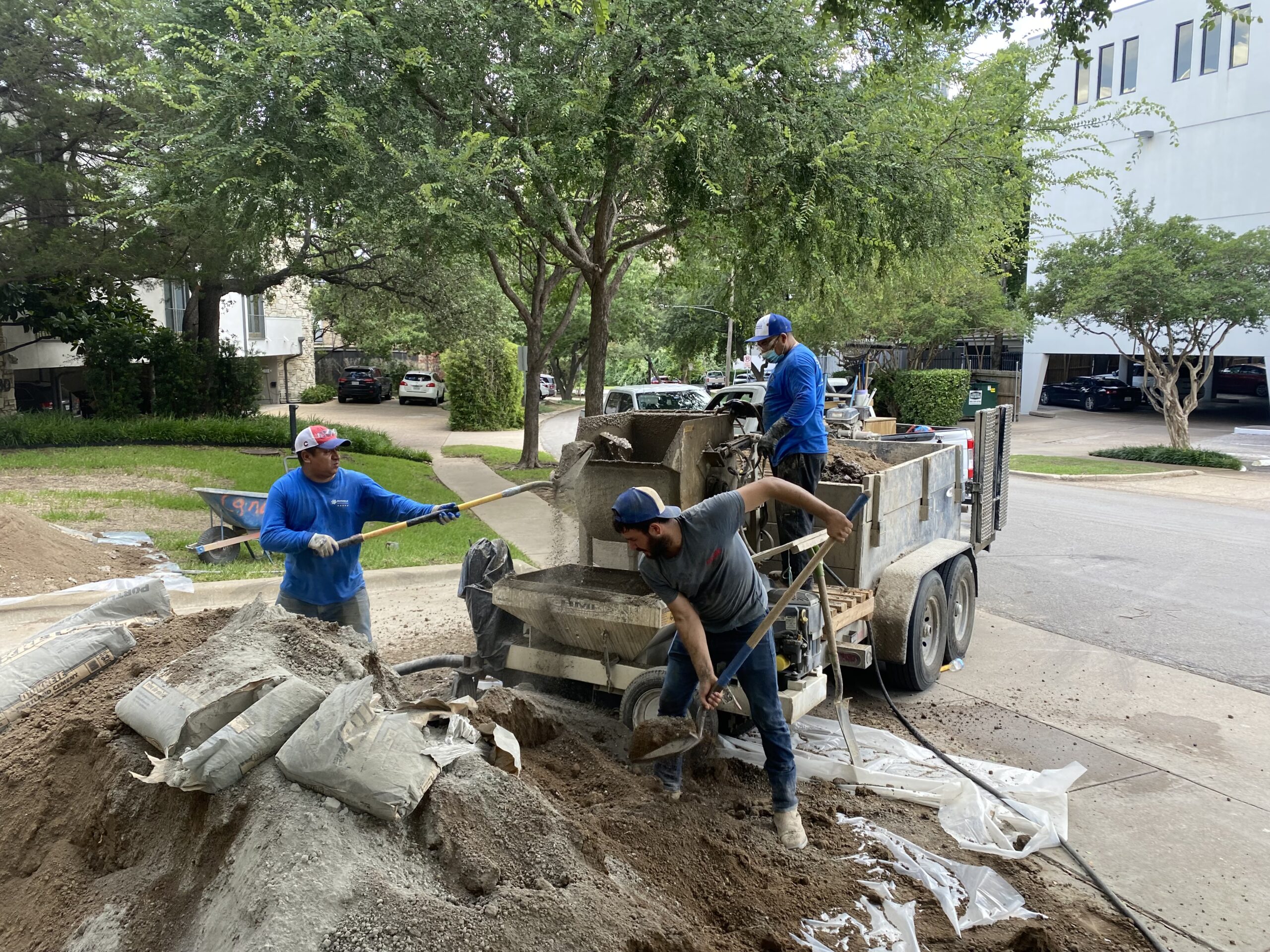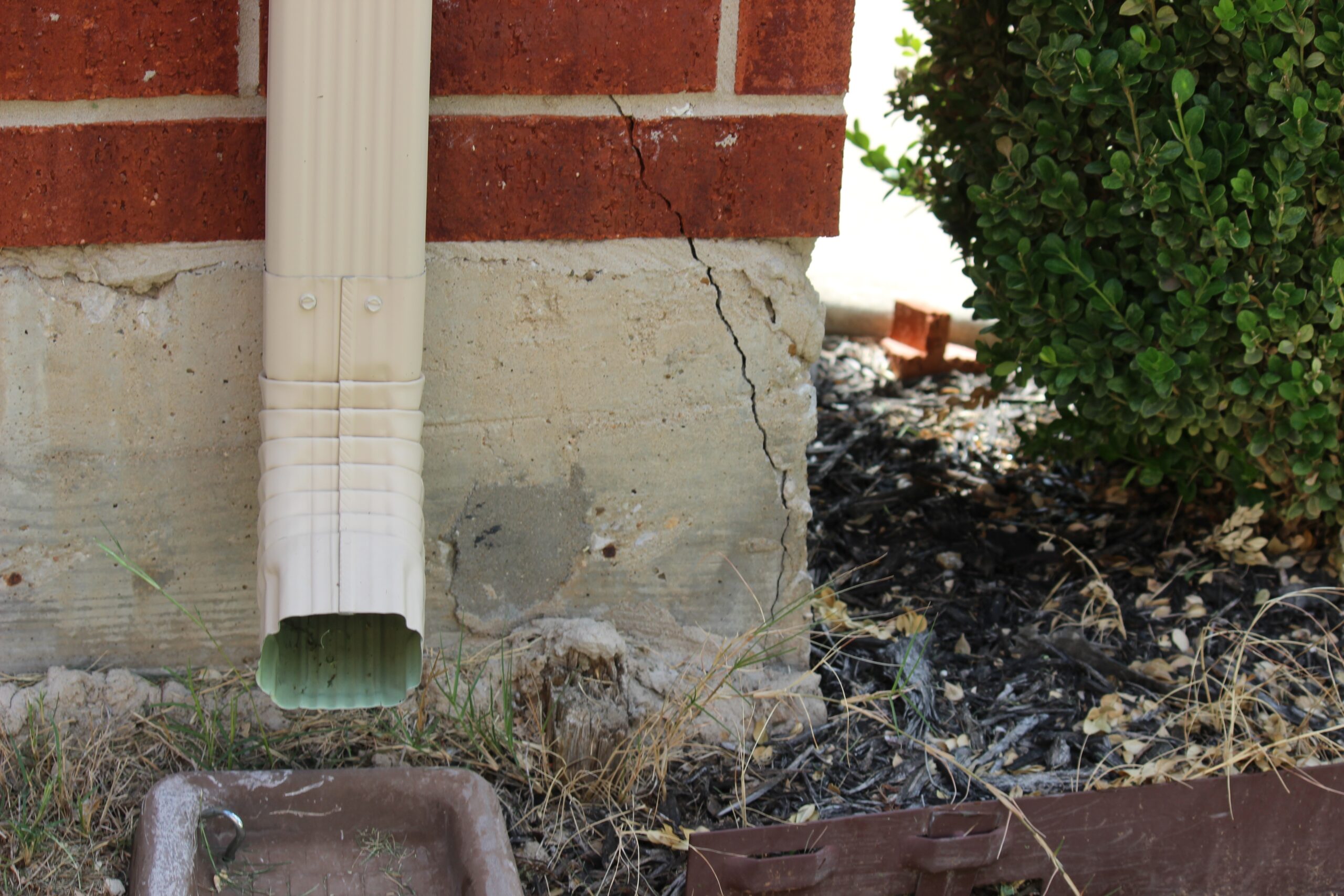Selling your home in tip-top condition can be stressful and challenging, but trying to do so with foundation issues can be even more difficult. Unfortunately, you may not realize you have foundation problems until you’ve crossed the threshold and decided to sell.
Transparency is the cornerstone of a successful sale when foundation issues are involved. Buyers seek honesty, and sellers must be prepared to provide a clear picture of the property’s condition.
If you find yourself questioning what to do – grappling with the decision of whether to sell as-is with foundation issues or invest in repairs – here are a few things to consider.
Understanding the Causes of Foundation Issues
Before seeking solutions, it’s essential to understand what may have caused your foundation’s issues in the first place. Several factors can contribute including evaporation, improper drainage, plumbing leaks, low-quality soil, inferior foundation construction, insufficient soil structure, and transpiration – when tree roots pull moisture from the soil. Knowing the root cause is the first step in addressing the problem.
Recognizing Signs of Foundation Issues
Not all foundation issues are immediately apparent. Even if you don’t see any major visual issues on the exterior of your home, warning signs may still exist.
Look out for doors and windows that are hard to open or close, gaps between doors/windows and frames, cracks in walls, ceilings, or floors, sagging or uneven floors, and signs of water damage or mold growth. If you find these issues, it’s time to explore your options.
Sometimes, the only way to know for sure is to have experts come out to your home and evaluate your foundation.
Selling "As Is" vs. Repair Before Selling
When confronted with foundation issues, homeowners face a critical decision: whether to sell the property “as is” or invest in repairs before listing it on the market. Both options have pros and cons, and the decision-making process requires a careful evaluation of both.
Selling "As Is"
Selling a house “as is” means listing the property in its current condition, without making any immediate repairs. While it may sound appealing to avoid the upfront cost and effort of fixing foundation issues, this choice does have certain drawbacks.
Pros:
- Lower Hassle: Sellers can bypass the need for immediate repairs, streamlining the selling process.
- Potential Cost Savings: By not investing in repairs, sellers can avoid upfront expenses.
Cons:
- Lower Sale Price: Homes with known foundation issues typically receive lower offers as buyers factor in the cost of necessary repairs.
- Reduced Buyer Interest: The “as is” label may deter some potential buyers who are unwilling to take on the risk of significant repairs.
While it may seem appealing to avoid immediate repairs, be prepared for the possibility of not fetching top dollar for your home.
Repair Before Selling
If you suspect your home has foundation issues and are planning on selling, there are a few factors to consider, including:
- Cost of repairs: Sellers must weigh the potential increase in property value against the expenses associated with repairs. The costs can vary widely based on the extent of the issues.
- Your timeline for selling: The urgency to sell plays a crucial role in the decision-making process. If you need to sell your home very quickly, investing time in significant repairs might not align with your timeline.
- Impact on home value: Well-executed repairs can enhance the property’s value. Sellers must evaluate whether the expected increase in the sale price justifies the investment in repairs.
At Pinnacle Foundation Repair, our free inspection can help you assess whether the repairs are minor and worthwhile, or significant and not worth the financial expense.
What are the consequences of selling a house without repairing the foundation?
Opting not to repair foundation issues before selling may result in lower sales prices and potential legal issues. Remember, by law you MUST disclose any known foundation issues when selling your home “as is.”
Not being upfront about the damage could cause a buyer to come back and pursue legal action against you for misrepresentation.
So, while it may be tempting to ignore foundation damage and hope for the best, it’s usually not worth the risk.
Tips for Selling A Home with Foundation Issues
Don’t Ignore Small The Small Stuff
Issues that seem minor can quickly become larger issues – for example, small cracks may eventually lead to leaks in the property. While you won’t be able to officially diagnose any foundation or structural problems by yourself, it’s vital to check for any visible signs that should be brought to the attention of a professional. This could include noting any signs of cracks, crumbling, wetness, or unevenness in floors.
Avoid DIY Repair
Diagnosing and repairing foundation problems isn’t a weekend DIY task. It’s vital to have any foundation faults thoroughly checked by a professional structural engineer. Attempting to fix problems on your own could cause further damage to your property, and result in higher repair costs for yourself or potential buyers.
Be Open about Foundation Issues with Buyers
Once you’ve had a professional inspection, negotiate with a buyer based on what you know about the problems and get this information in writing with proof of the buyer’s acknowledgment of the issue. This way, you can be transparent with the buyer and not be held financially or legally accountable should any further problems arise.
Let Us Help
If you suspect a house you’re planning to sell has foundation issues and are unsure what to do next, contact us today for your FREE inspection.
Our team of radically honest experts at Pinnacle Foundation Repair is ready to assess the damage, recommend the best action plan, and provide a fair estimate of service costs. In one out of three cases, we find that no actual work needs to be done.
Steel Pier: The steel pier foundation repair bears high loads by inserting steel piers up to 75 feet deep into the soil.
Steel Transition Pier: An economical option that offers stability using a mix of concrete and steel.
Mud Jacking: This highly effective foundation repair method restores the concrete foundation slab. Mud Jacking fills any voids in the soil and lifts the concrete slab to its original position.
Drilled Pier: Also known as caisson, drilled pier foundation repair offers excellent stability in the expanding and contracting clay found in the Dallas-Fort Worth area.
Helical Pier: Eco-friendly and time-efficient, the helical pier foundation repair is suitable for residential and commercial properties.
Foundation repairs cost less the sooner you realize the problem. Homeowners who fail to address foundation issues often see a loss in their homes’ value. If you notice any of these warning signs, or suspect that your foundation may be shifting or settling, schedule a free professional inspection with the radically honest experts at Pinnacle Foundation Repair.



